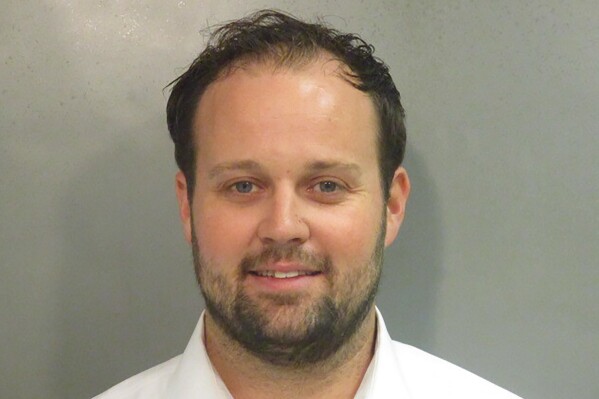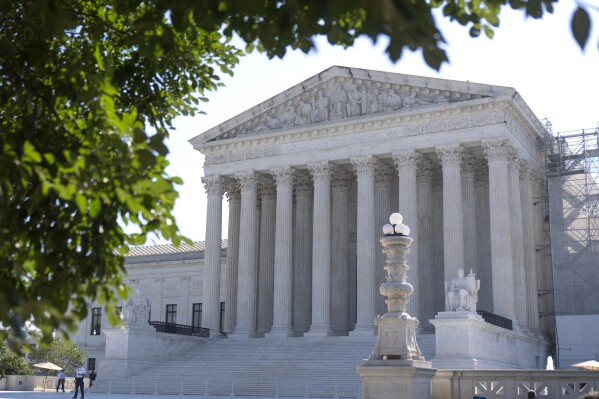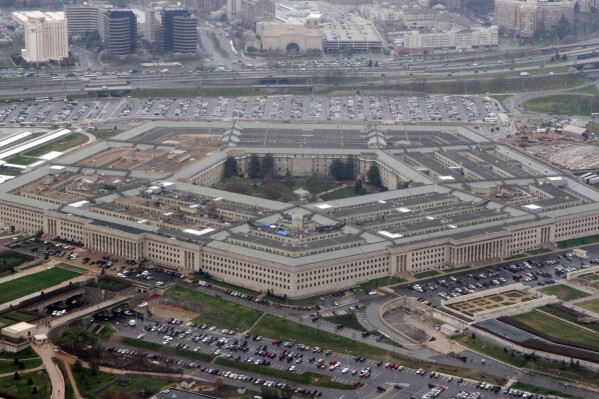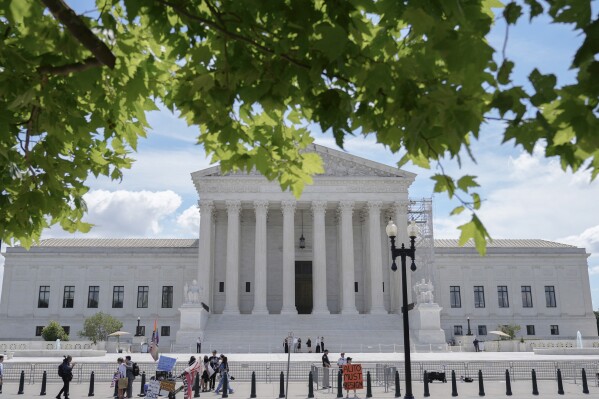If Britain now has a five-party system – Conservatives, Labour, Liberal Democrats, Reform UK and Greens – then so does Northern Ireland, though with completely different major participants. There are now two principal unionist parties – the Democratic Unionist Party (DUP), which was founded by Ian Paisley, and the older (and smaller) Ulster Unionist party (UUP).
On the non-unionist side we find a nationalist party, the Social Democratic and Labour Party (SDLP), and the now dominant republican movement, Sinn Fein. Non-aligned or neutral on the issue of a united Ireland is the Alliance Party of Northern Ireland, which has enjoyed sustained growth during the power-sharing era.
In the six counties, even a quarter of a century since the end of the Troubles, the “national” or “constitutional” issue still exerts some influence on loyalties – in part, a consequence of Brexit reawakening some older controversies about the border on the island of Ireland and the strength of the economic union between Great Britain and Northern Ireland.
Disclaimer: The copyright of this article belongs to the original author. Reposting this article is solely for the purpose of information dissemination and does not constitute any investment advice. If there is any infringement, please contact us immediately. We will make corrections or deletions as necessary. Thank you.



